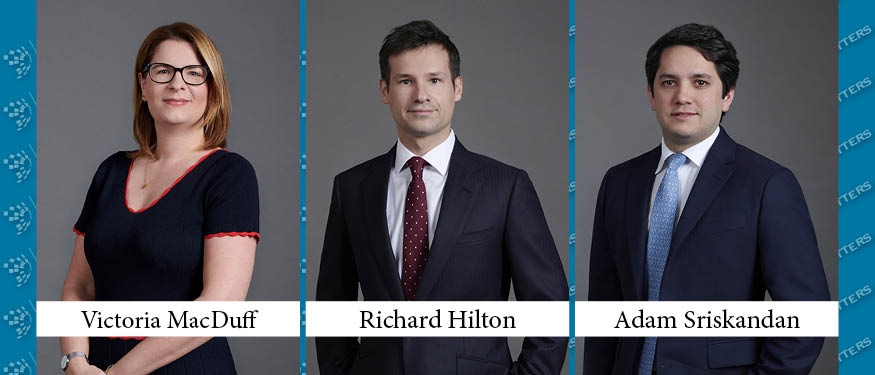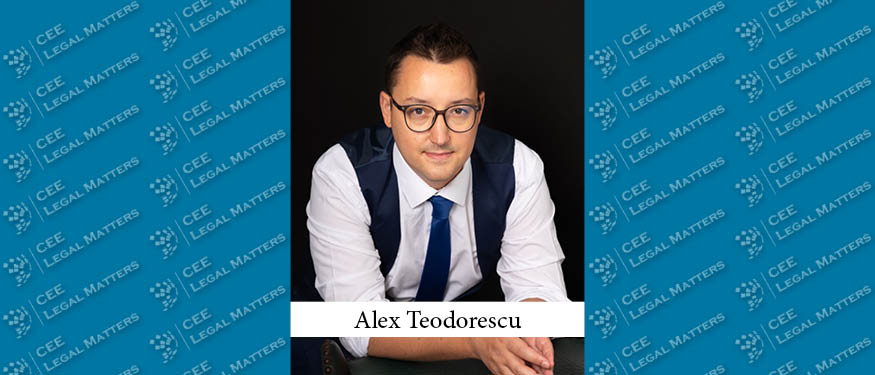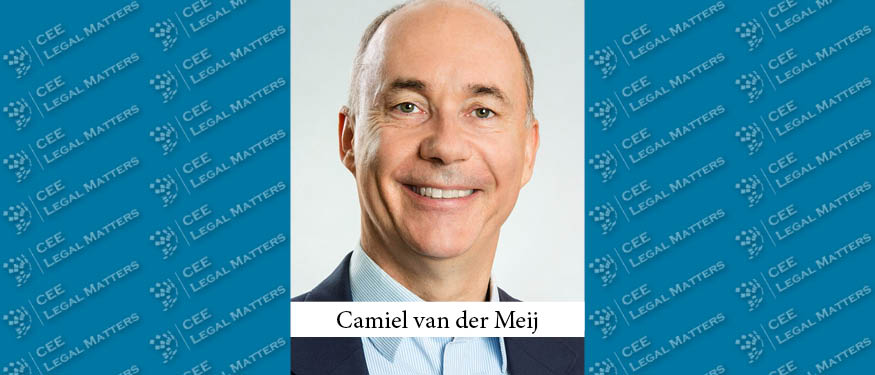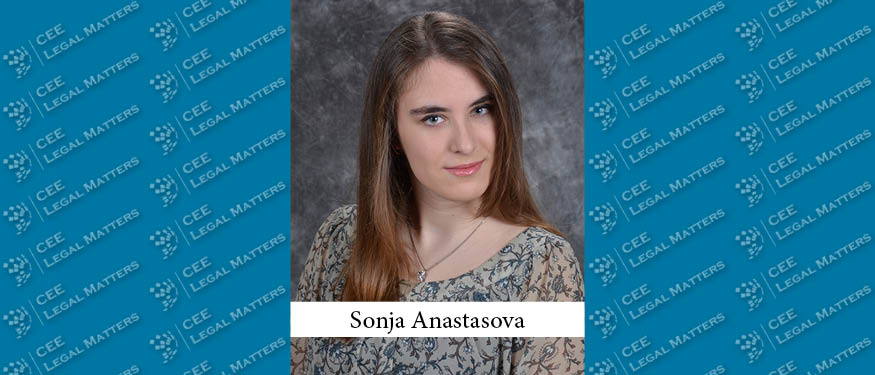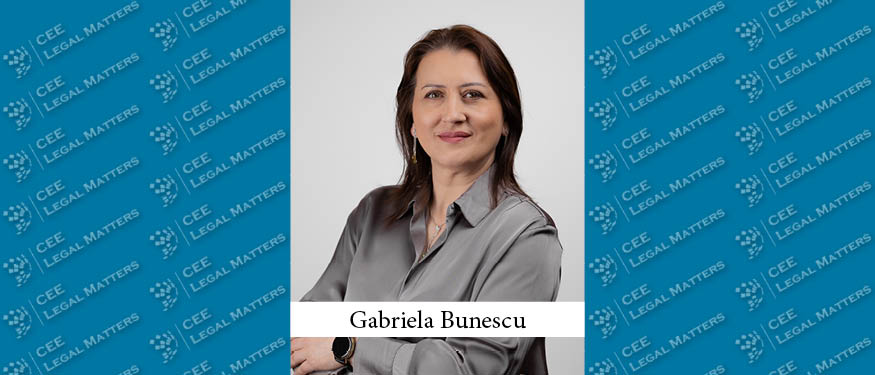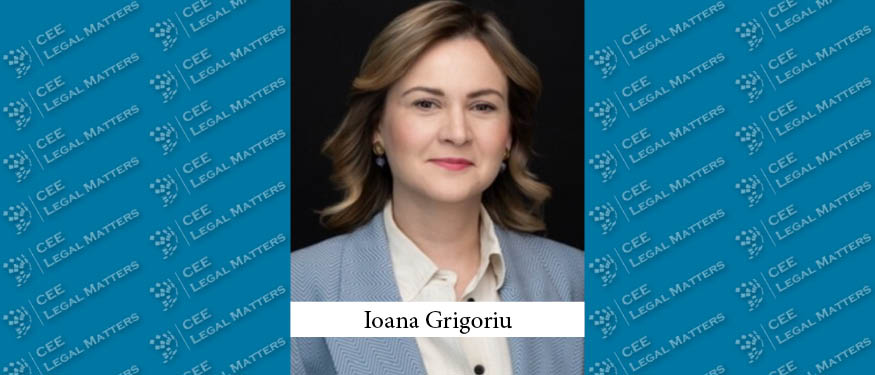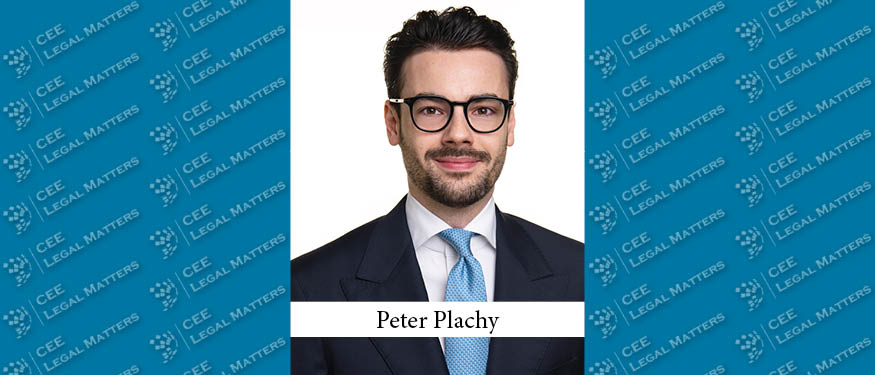Slaughter and May’s Victoria MacDuff, Richard Hilton, and Adam Sriskandan Talk About the Deal of the Year in Hungary.
CEELM: First, congratulations on winning the Deal of the Year Award in Hungary! Can you describe the deal for us, and Slaughter and May’s role in making it happen?
MacDuff: We acted for Vodafone in relation to the group’s disposal of their business in Hungary (Vodafone Hungary) to the Hungarian-listed IT and telecoms group 4iG Nyrt. and the Hungarian State’s sovereign investment management company, Corvinus Zrt., for a total cash consideration of EUR 1.7 billion. The deal combined Vodafone Hungary’s converged network operations with 4iG’s existing telecoms and IT capabilities. We worked closely with Vodafone’s M&A and legal teams from an early stage, through initial term sheet negotiations to the signing and successful completion in January 2023. From our perspective, it was a group effort encompassing a number lawyers across a number of our core teams, especially Corporate/M&A and IP/Tech. It was great to assist our clients in delivering the transaction and we are pleased that this has been recognized by the judges.
CEELM: How did you land the mandate and what do you believe it was about your team that got it for you?
Hilton: We have built up a strong relationship with the Vodafone team, in particular their commercial M&A leads and M&A legal team. We’ve been fortunate enough to be trusted to help deliver on key projects for them in recent years and we’ve got to know them well. As a result, we have a good sense of how the team works, the points that matter to them and how they like to do deals.
CEELM: What were some of the more innovative or unusual aspects of the transaction?
Sriskandan: As you will appreciate, it is difficult to get into too many details for reasons of confidentiality. However, one aspect we would draw out was the involvement of Corvinus (as a government entity) alongside 4iG as a conventional industry purchaser, which added a unique dynamic to the negotiations. Acting for the seller, it was critical to find solutions that would work for both purchasers.
CEELM: From your perspective, what else worked well and what do you believe contributed to it?
Sriskandan: Although the transaction had several complexities, we found that teams on all sides were willing to work intensively and in a collaborative manner to get to completion. In particular, we have a good relationship with the Lakatos, Koves & Partners team, led by Ivan Solyom, who advised Vodafone on Hungarian law aspects. This deal was another example of our ability to work efficiently and effectively with leading independent firms to provide our clients with joined up and seamless advice they need.
CEELM: What does this deal closing mean for your client?
MacDuff: From a group perspective, it was a successful transaction which provided Vodafone with funds to deleverage and aligned well with its broader strategy. But it was also a vote of confidence in the business that Vodafone had built in Hungary, which is now well-positioned to continue its development under domestic ownership.
CEELM: Taking a wider perspective, in your view, what is the significance of this deal for the Hungarian market? Why do you believe the judges voted for this deal over the others?
Hilton: In simple terms, this was a transformative deal in the Hungarian telecoms market. As you will know, in terms of deal size it is the largest transaction of its kind in recent memory in the sector. More importantly, though, the transaction aligns with the Hungarian government’s desire to create nationally-owned champions in the ICT sector. In that sense, it is also a part of the story of Hungary’s digital growth.
CEELM: Do you believe we can expect other similar deals in the Hungarian market?
Hilton: We certainly see there being scope for similar deals in other sectors, with a trend towards consolidating domestic ownership. However, as demonstrated by the recent Budapest Airport transaction, it is clear that there will still continue to be opportunities for foreign partners.
This article was originally published in Issue 11.6 of the CEE Legal Matters Magazine. If you would like to receive a hard copy of the magazine, you can subscribe here.

